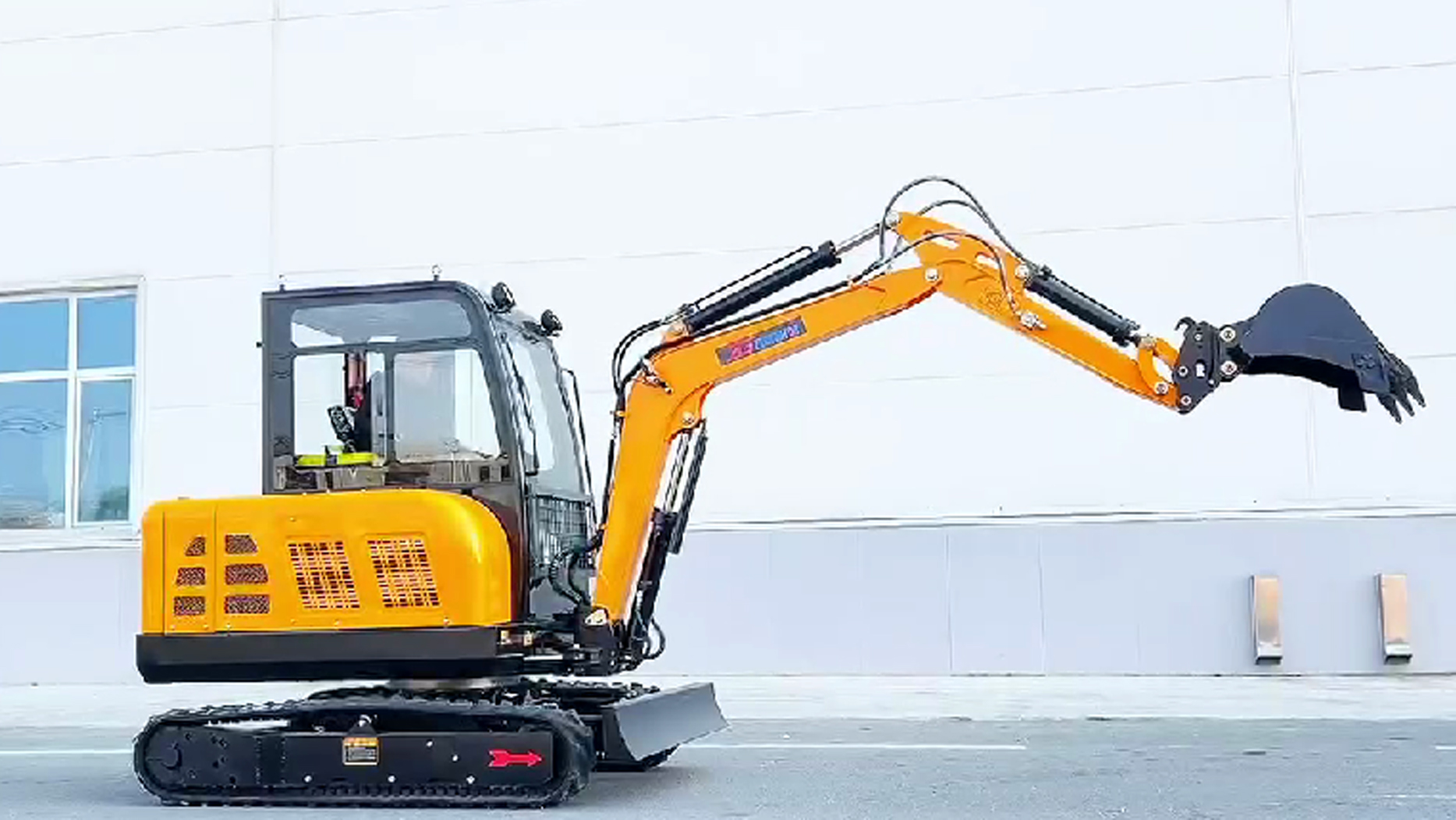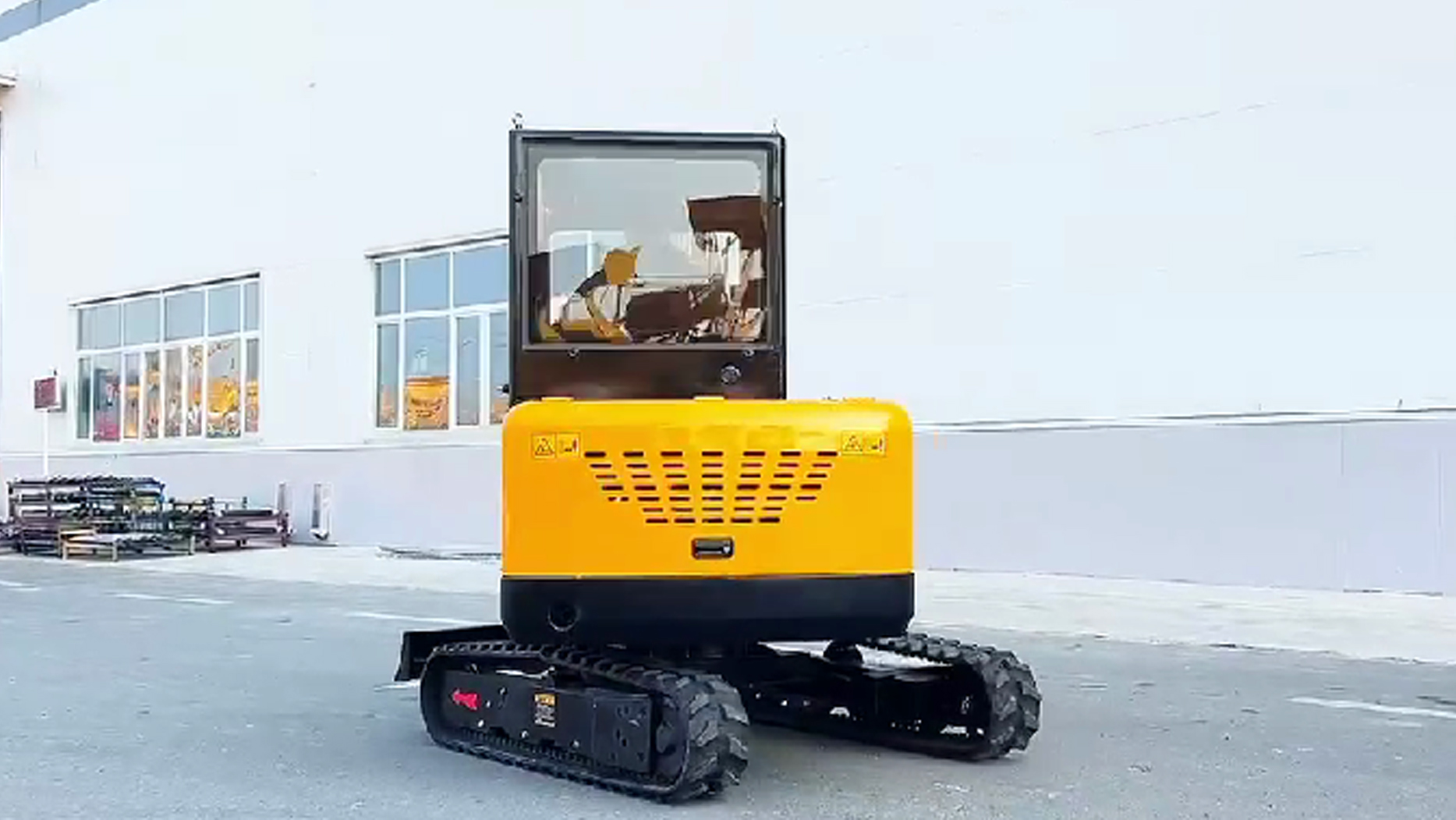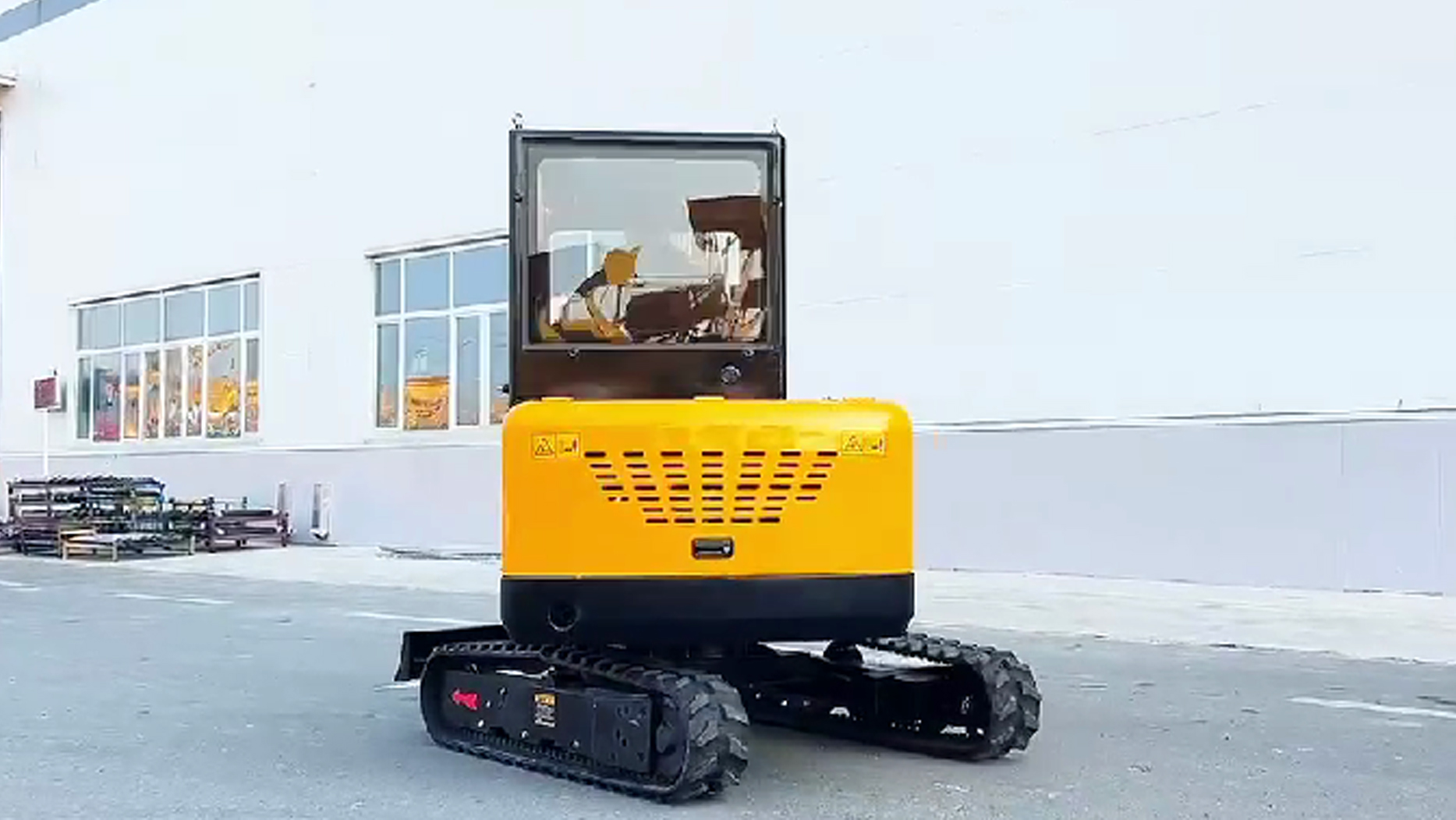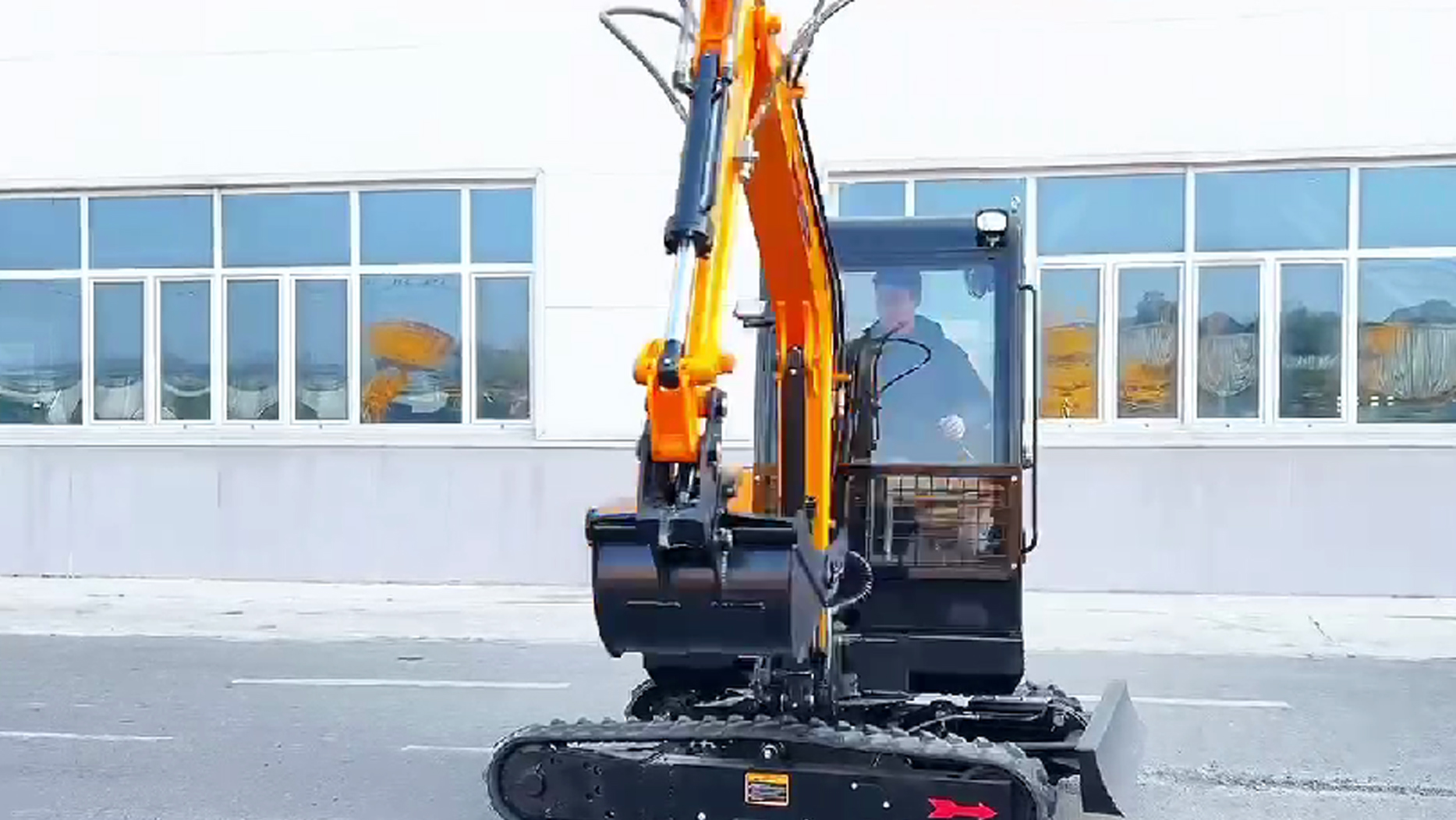Mini excavators, those versatile and compact earthmoving machines, have become indispensable tools across a wide spectrum of applications. From landscaping and light construction to utility work and even agricultural tasks, their ability to navigate confined spaces and perform precise digging operations makes them a preferred choice over larger, less maneuverable equipment. For many individuals and businesses, the need for a mini excavator is often temporary or project-specific, making renting a far more economical and practical solution than purchasing.
However, navigating the rental market and identifying reliable sources for mini excavator rentals can be a daunting task. The availability, pricing, and terms can vary significantly depending on location, the specific model required, and the rental company chosen. This comprehensive article aims to provide a detailed guide on where to find mini excavator rentals, outlining the various types of rental providers, key factors to consider during the rental process, and essential tips for a smooth and successful rental experience.
Understanding Your Needs: The Foundation of a Successful Rental
Before embarking on the search for a rental, it's crucial to clearly define your specific requirements. This preliminary step will significantly streamline the process and ensure you secure the right machine for your project. Consider the following factors:

Project Scope and Duration: How long will you need the mini excavator? Rental periods can range from a single day to several weeks or even months. Understanding the estimated duration will help you compare pricing structures, as longer rentals often come with discounted rates.
Digging Depth and Reach Requirements: Different mini excavator models offer varying digging depths and reach capabilities. Assess the maximum depth and distance you need to excavate to ensure the chosen machine can handle the task efficiently. For instance, a small landscaping project might only require a digging depth of 6-8 feet, while a utility trenching project could necessitate a depth of 10-12 feet or more.
Operating Weight and Size Constraints: Mini excavators come in a range of sizes and operating weights, typically from around 1 ton to 8 tons. Consider the accessibility of your worksite. Will the machine need to fit through narrow gates, operate in tight corners, or be transported on a specific type of trailer? Ensure the chosen excavator's dimensions and weight are compatible with your site conditions and transportation capabilities.
Attachment Requirements: Many mini excavators can be equipped with various attachments, such as buckets of different sizes, hydraulic breakers (jackhammers), augers, and grapples. Determine if your project requires any specific attachments and confirm their availability with the rental provider. Renting the necessary attachments along with the excavator can save time and money compared to sourcing them separately.
Terrain and Ground Conditions: The type of terrain you'll be working on can influence the type of undercarriage you need. While most mini excavators come with rubber tracks suitable for various surfaces, some may offer steel tracks for more challenging or abrasive conditions. Consider if your worksite involves soft soil, uneven terrain, or slopes.
Operator Skill Level: Are you an experienced operator, or will someone with limited experience be using the machine? Some larger or more complex models might require a higher level of operating skill. Ensure the chosen machine is appropriate for the operator's experience level and that any necessary safety training is provided or arranged.
 Where to Find Mini Excavator Rentals: Exploring Your Options
Where to Find Mini Excavator Rentals: Exploring Your Options
Once you have a clear understanding of your needs, you can begin exploring the various avenues for renting a mini excavator. The rental market is diverse, offering several types of providers, each with its own advantages and potential drawbacks.
1. National Equipment Rental Companies:
These are large, well-established companies with branches located across the country or even internationally. Examples include United Rentals, Sunbelt Rentals, and Herc Rentals.
Advantages:
Wide Availability: They typically have a large fleet of well-maintained equipment, increasing the likelihood of finding the specific model you need, even during peak seasons.
Extensive Network: Their numerous locations offer convenience and accessibility, regardless of your project's location.
Comprehensive Services: They often provide additional services such as delivery and pickup, maintenance support, and operator training.
Standardized Contracts: Their rental agreements are usually standardized and clearly outline the terms and conditions.
Considerations:
Potentially Higher Prices: Their rates might be slightly higher compared to smaller, local providers due to their overhead costs.
Less Personalized Service: Dealing with a large corporation might sometimes result in less personalized customer service.
2. Regional and Local Equipment Rental Companies:
These are smaller, independent rental businesses that typically operate within a specific geographic region or local area.
Advantages:
Competitive Pricing: They often offer more competitive rental rates due to lower overhead costs.
Personalized Service: You might experience more personalized attention and flexibility in their terms and conditions.
Local Expertise: They often have a better understanding of the local market and specific equipment needs in the area.
Considerations:
Limited Fleet Size: Their equipment inventory might be smaller, potentially limiting your choices or availability during busy periods.
Variable Service Levels: The level of service and maintenance can vary depending on the individual company.
Less Standardized Contracts: Rental agreements might not be as standardized as those of national companies, requiring careful review.
3. Construction Equipment Dealers:
Some construction equipment dealerships also offer rental services as part of their business.
Advantages:
Well-Maintained Equipment: Their rental fleet often consists of newer, well-maintained machines from reputable manufacturers.
Expert Knowledge: Their staff typically possesses in-depth knowledge of the equipment and can provide valuable advice on selecting the right model and attachments.
Potential for Rent-to-Own Options: In some cases, they might offer rent-to-own agreements if you anticipate a longer-term need for the excavator.
Considerations:
Potentially Higher Prices: Similar to national rental companies, their rates might be slightly higher.
Focus on Sales: Their primary focus might be on equipment sales rather than rentals, potentially affecting the level of rental support.
 4. Peer-to-Peer Rental Platforms:
4. Peer-to-Peer Rental Platforms:
The rise of the sharing economy has led to the emergence of peer-to-peer rental platforms that connect equipment owners with individuals or businesses looking to rent.
Advantages:
Potentially Lower Prices: You might find significantly lower rental rates compared to traditional rental companies.
Wider Variety of Equipment: You might have access to a more diverse range of mini excavator models, including less common or specialized machines.
Direct Communication with Owner: You can often communicate directly with the equipment owner to discuss specific needs and terms.
Considerations:
Variable Equipment Condition: The condition and maintenance of the equipment can vary significantly as it's owned by individuals.
Insurance and Liability: Ensuring adequate insurance coverage and clearly defining liability can be more complex.
Logistics and Transportation: Arranging pickup and delivery might be your responsibility.
Less Standardized Agreements: Rental agreements might not be standardized, requiring careful review and negotiation.
The Rental Process: Navigating the Details
Once you've identified potential rental providers, the next step is to navigate the rental process effectively. Here are key aspects to consider:
Obtain Multiple Quotes: Contact several rental companies to obtain detailed quotes for the specific mini excavator model and rental duration you need. Compare the base rental rate, delivery and pickup fees, insurance costs, and any other applicable charges.
Inquire About Availability: Especially during peak seasons, mini excavators can be in high demand. Check the availability of the desired model for your required dates well in advance.
Inspect the Equipment: Before signing the rental agreement and accepting the machine, thoroughly inspect it for any existing damage, wear and tear, or operational issues. Document any pre-existing damage with photos or videos and ensure it's noted in the rental agreement to avoid being held responsible upon return. Check fluid levels, track condition, and the functionality of all controls.
Understand the Rental Agreement: Carefully read and understand all the terms and conditions of the rental agreement before signing. Pay close attention to:
Rental Period and Rates: Confirm the start and end dates of the rental and the applicable daily, weekly, or monthly rates.
Payment Terms: Understand the payment schedule, accepted methods of payment, and any potential late fees.
Insurance Coverage: Determine what insurance coverage is provided by the rental company and if you need to obtain additional coverage. Clarify who is responsible for damage to the equipment during the rental period.
Responsibility for Maintenance and Repairs: Understand who is responsible for routine maintenance (e.g., greasing) and any potential repairs needed during the rental period.
Delivery and Pickup Arrangements: Confirm the delivery and pickup procedures, associated costs, and any requirements for site access.
Operating Instructions and Safety Guidelines: Ensure you receive clear operating instructions and safety guidelines for the specific mini excavator model.
 Confirm Attachment Availability and Compatibility: If you require specific attachments, confirm their availability and ensure they are compatible with the rented excavator. Understand the rental costs for each attachment.
Confirm Attachment Availability and Compatibility: If you require specific attachments, confirm their availability and ensure they are compatible with the rented excavator. Understand the rental costs for each attachment.
Ask About Support and Troubleshooting: Inquire about the rental company's support procedures in case of equipment malfunction or operational issues during your rental period.
Essential Tips for a Smooth Rental Experience:
To ensure a hassle-free and productive mini excavator rental experience, consider these essential tips:
Book in Advance: Especially during peak seasons or for specific models, booking your rental well in advance is highly recommended to secure the equipment you need.
Communicate Clearly: Maintain clear and open communication with the rental provider throughout the process, from initial inquiries to equipment return.
Operate Safely: Always adhere to the manufacturer's operating instructions and safety guidelines. Wear appropriate personal protective equipment (PPE) such as safety glasses, gloves, and1 steel-toed boots. Be aware of your surroundings and potential hazards on the worksite.
Conclusion: Digging Deeper for the Right Rental Partner
Renting a mini excavator can be a cost-effective and efficient solution for various projects. By understanding your specific needs, exploring the different types of rental providers available, and carefully navigating the rental process, you can secure the right machine and enjoy a smooth and successful experience. Remember to prioritize safety, communicate effectively with your chosen rental partner, and meticulously review all terms and conditions before you dig in. With careful planning and execution, you can find the perfect mini excavator rental to tackle your project with precision and efficiency.
Post time:May.06.2025
